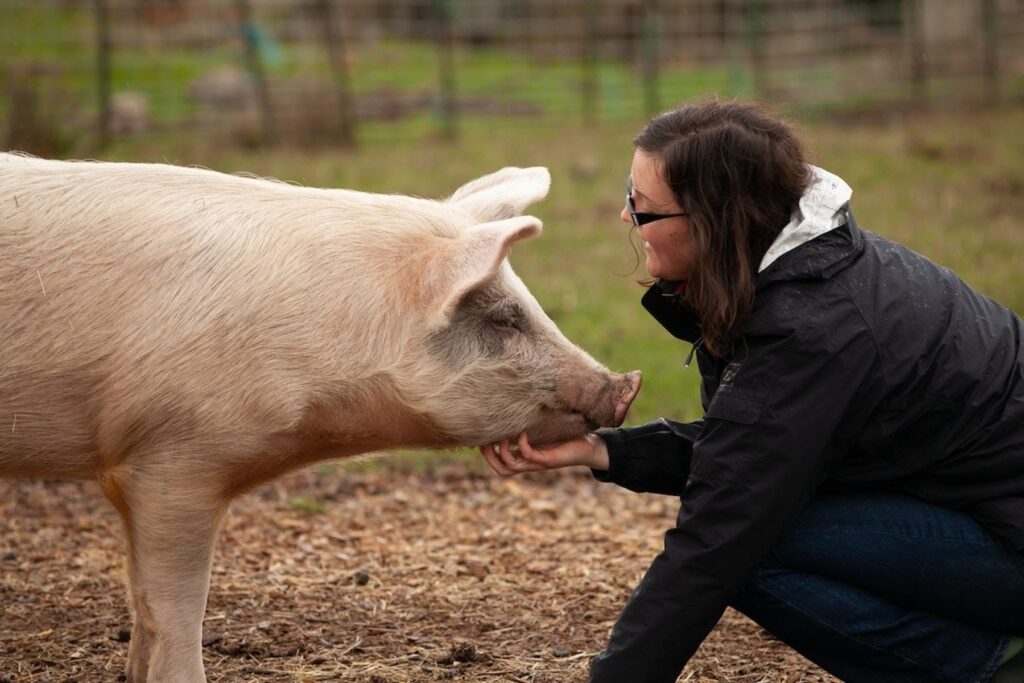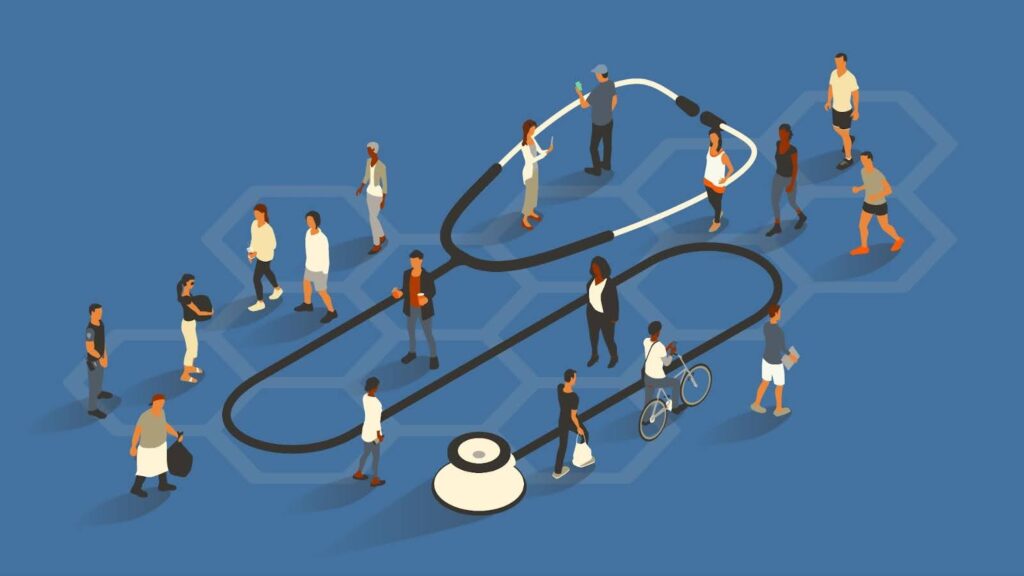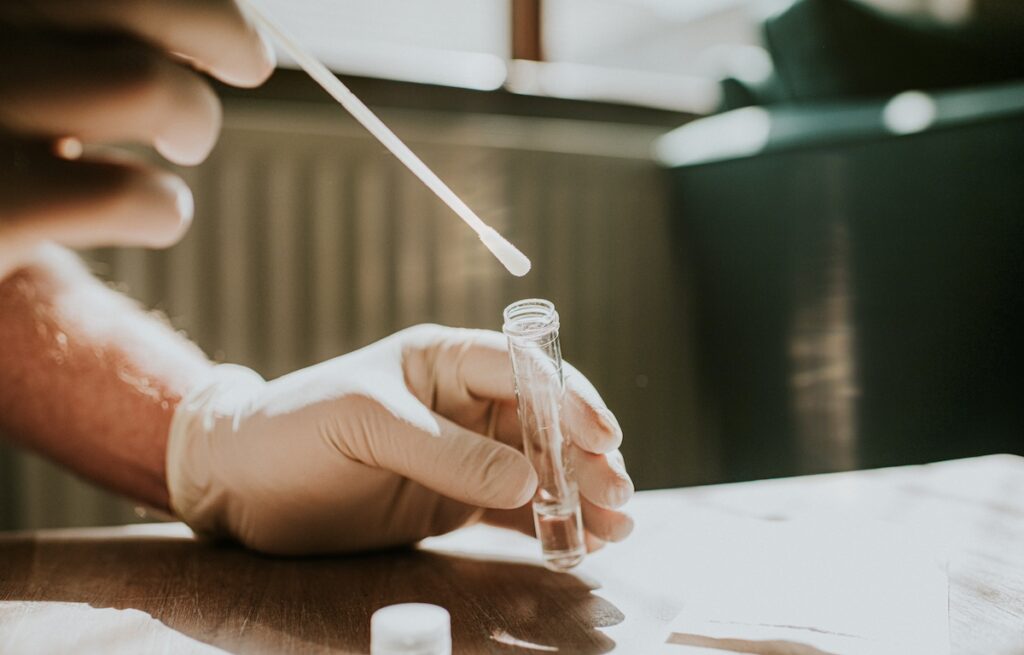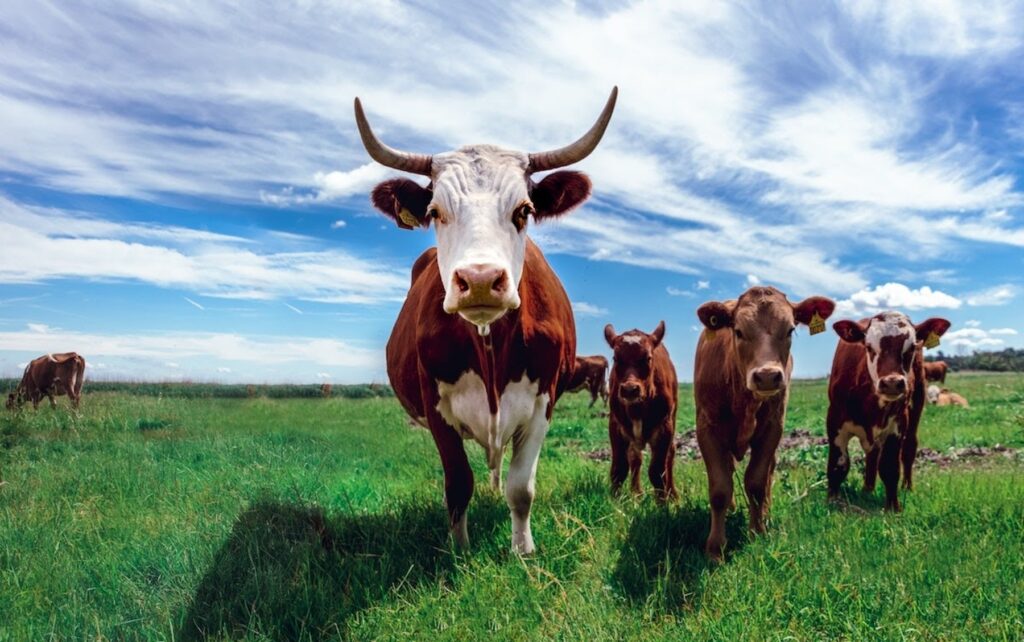Veterinary science is essential in the fight against human diseases, yet many people are unaware of how large of a role veterinarians play in public health. Several infectious diseases of animal origin that cause serious illness in people—e.g., tuberculosis and brucellosis—are now less of a threat to human health due to the efforts of public health veterinarians. Veterinary Public Health researchers identified outbreaks of West Nile Virus in crow populations months before the first human deaths. And veterinarians aid in efforts to identify, investigate, and combat diseases previously unknown in humans.
Veterinarians don’t just care for pets. They work in food production, biomedical research, vaccine development, and even national defense. The Centers for Disease Control and Prevention (CDC) and the U.S. Department of Agriculture (USDA) have stated outright that veterinarians will be on the front line of efforts to detect and control terrorist-engineered epidemics.
Unfortunately, there are not enough veterinarians in public health to meet demand. “The public sector has unfilled positions for veterinarians who have specialized training in epidemiology, food safety, wildlife, and ecosystem health, and public health,” according to a report put together by the National Academies for the American Association of Veterinary Medical Colleges, American Veterinary Medical Association (AVMA), and other groups. The report adds that the gap between demand for public health veterinarians and the supply of available talent endangers “the health of American citizens, the well-being of the nation’s food-animal industry, and the health of U.S. wildlife resources and the U.S. economy.”
There are opportunities in federal, state, and local agencies; research and academia; and private industry for veterinarians with advanced education in food safety, food and animal production, zoonotic diseases, biosecurity, research methods, and public policy. If you want to transition away from companion animal care into public health practice, earning a master’s in public health with a focus on veterinary public health is an intelligent first step. In the University of Tennessee, Knoxville’s 42 credit-hour online Master of Public Health (MPH) with a Veterinary Public Health (VPH) concentration program, you will gain the knowledge and skills to launch a career in infectious disease control, food safety, policy development, and other areas of veterinary public health.
What Is Veterinary Public Health?
The World Health Organization defines veterinary public health as “the sum of all contributions to the complete physical, mental and social well-being of humans through an understanding and application of veterinary medical science.” This discipline capitalizes on the fact that human and animal health are closely linked. Humans live side-by-side with companion animals, use animals and animal products as a food source, and build new structures in formerly wild habitats.
Veterinarians leverage their knowledge of multi-species medicine, population health, infectious disease control, and the environment to contribute to human health and well-being in many direct and indirect ways. For example, veterinarians in public health identify potential bio- or agroterrorism vectors. They also help develop pandemic response plans modeled on the successful control and eradication of infectious diseases in animals. They maintain the safety of our food supply by creating safety standards for animal feed and medication and through the management and prevention of food-borne zoonotic diseases. And they lead efforts in the emerging discipline of One Health.
Because veterinary public health has a role to play in everything from food production and biomedical research to environmental science and the role of animals in human society, this discipline is more critical to human welfare than most people realize.
Why Is Veterinary Science a Vital Part of Public Health?
Human beings live with animals, consume them, and encounter wild species in cities, suburbs, and rural areas. Frequent human-animal interactions create ample opportunities for animal-to-human, or zoonotic, transmission of infectious diseases. It’s telling that 61 percent of all human infectious diseases and 75 percent of new human infectious diseases come from animals. Additionally, there are approximately 20,000 food-borne illnesses, 4,200 hospitalizations, and 80 deaths—most of which are caused by pathogens that originate in animals—per year.
Veterinarians are the only health professionals trained in multi-species comparative medicine and have a history of finding enlightening links between agriculture, epidemiology, ecology, and human health. Veterinary science has a history of successfully intervening when new infections spread through populations, across geographical borders, and between species. And public health veterinarians play an instrumental role in safeguarding our food supply, understanding the impact of humans on wild animal habitats, and developing responses to potential bioterrorism and agroterrorism threats.
Veterinarians trained in public health may even be the key to preventing the next pandemic. The COVID-19 pandemic demonstrated just how important it is for humans to prepare for the inevitable emergence of novel zoonotic infections. The U.N. predicts the number of diseases jumping from animal populations to people will rise due to habitat destruction, unsustainable farming, and climate change. Public health veterinarians can identify potential disease outbreaks in humans by tracking infections in wild and domestic animal populations, giving us time to prepare protective protocols and treatments.
Who Typically Pursues Veterinary Public Health Education?
The MPH is the ideal degree for practicing veterinarians who want to shift into public health careers or become board certified in Veterinary Preventive Medicine. Most veterinary public health students are experienced professionals who already work in or are training for careers in public health. The University of Tennessee, for instance, offers its 100 percent online MPH with a concentration in Veterinary Public Health exclusively to licensed practicing veterinarians, licensed veterinary medical technicians (LVMT), and students enrolled in professional veterinary programs. Universities limit admission in this way to ensure all students enrolled have the requisite prior knowledge to succeed in these demanding interdisciplinary graduate programs.
What Can You Do with a Master’s Concentration in Veterinary Public Health?
Veterinarians with master’s degrees focused on public health work in various areas of the field.
Veterinarians in bioterrorism prevention and surveillance represent the first line of defense against the deliberate release of infectious zoonotic agents designed to cause illness or death in people.
Veterinarians in disaster preparedness and response are experts in the public health consequences of natural and manufactured disasters, which often include unusual outbreaks of vector-borne and zoonotic diseases.
Veterinarians in ecosystem health have unique insights into environmental changes driven by, for example, humanity’s encroachment into wild habitats and the impact of food animal production on wild animal populations.
Veterinarians in epidemiology participate in investigations into human diseases such as Covid-19 to identify possible animal origins.
Veterinarians in agriculture and food safety make food production safer by overseeing animal welfare in livestock farming and through food-borne zoonotic disease prevention and control programs.
Veterinarians in infectious disease and zoonoses control study emerging animal diseases before infections can spill into humans.
Veterinarians in occupational health and safety play a role in keeping people who work in livestock processing safe by identifying zoonotic diseases in agricultural systems and developing safe animal handling procedures.
Trained public health veterinarians work in the public and private sectors for a variety of organizations, including the Centers for Disease Control and Prevention, U.S. Environmental Protection Agency, National Institutes of Health, U.S. Army Veterinary Corps, USDA Animal and Plant Health Inspection Service (APHIS), and the USDA Food Safety Inspection Service — which is the single largest employer of veterinarians in the U.S. and possibly the world. They have job titles such as public health veterinarian, state veterinarian, veterinary epidemiologist, veterinary medical officer, and veterinary scientist.
Is Demand for Public Health Veterinarians Growing?
Yes, but this is nothing new. In 2008, a Journal of Veterinary Medical Education article explained that “emerging zoonotic diseases, biosecurity threats, and food-safety problems all require the expertise of veterinarians” who understand “complex, global problems that span both human and animal health.” Demand for veterinarians with advanced education in food safety, food and animal production, zoonotic diseases, biosecurity, research methods, and public policy is increasing with the identification of new threats.
The USDA Food Safety Inspection Service, for example, estimates it will need to hire 500 new veterinarians in the next few years. About half of the veterinarians in the Commissioned Corps of the U.S. Public Health Service are currently eligible for retirement. The U.S. Army Veterinary Corps needs new veterinarians each year to meet their public health mission goals. There are also opportunities for public health veterinarians in non-profit health-focused organizations, universities, medical and pharmaceutical research, and diagnostic laboratories. Veterinarians in public health are involved in everything from animal control and animal welfare agency management to the creation of safety guidelines for service and therapy animals.
Do You Need an MPH to Work in Veterinary Public Health?
Some entry-level public health roles are open to veterinarians without additional training in public health (e.g., Food Safety and Inspection Service roles). Still, a veterinary degree alone cannot adequately prepare clinical care providers to excel in public health service and research. Public health veterinarians need to be experts in biostatistics, environmental health, epidemiology, health services administration, policy development, program planning and evaluation, and research methods.
If you have a particular interest in public health and the One Health approach, pursuing advanced education in this field makes sense. Completing a veterinary public health degree program such as the University of Tennessee’s online MPH with a VPH concentration is a necessary first step if your goal is to transition away from clinical practice into a career focused on veterinary public health. As you pursue your MPH in the University of Tennessee’s online master’s program, you’ll gain a deeper understanding of the link between animal, human, and environmental health. Upon graduation, you will be ready to make your mark in public health and promote wellness in human populations through leadership, research, and community service in veterinary medicine.
An online Master of Public Health from the University of Tennessee, Knoxville can help you capitalize on the growing opportunities for veterinarians and LVTs in public health. Learn more about the MPH program and the admissions requirements, or apply online today.






